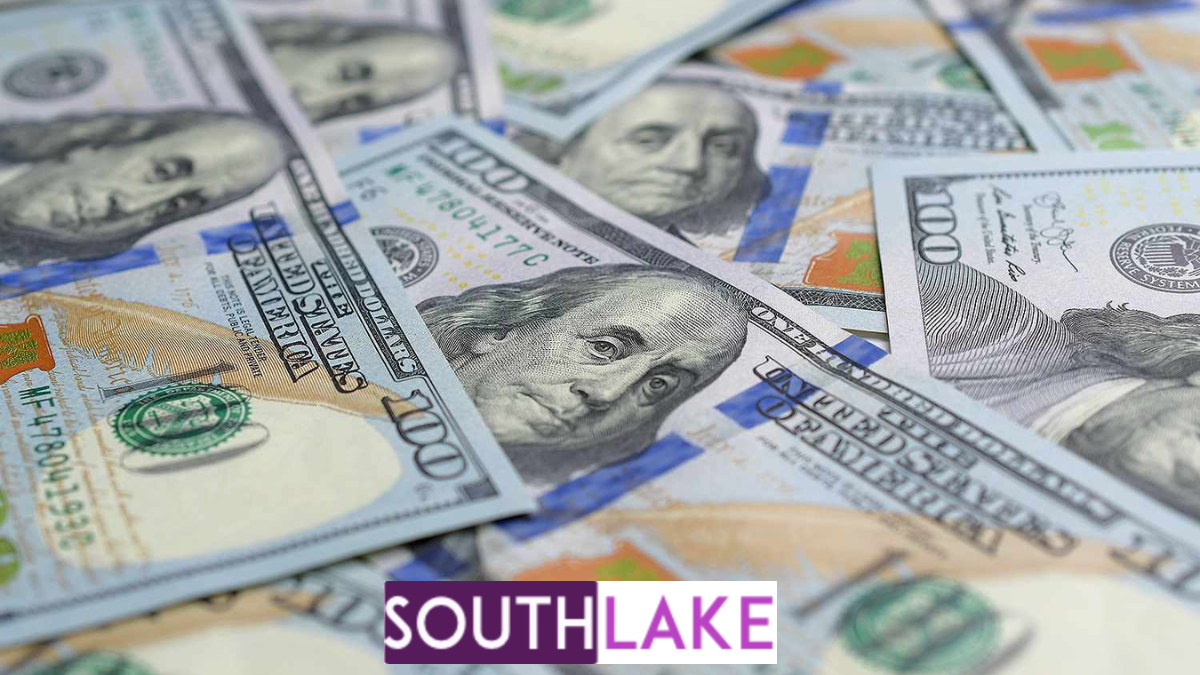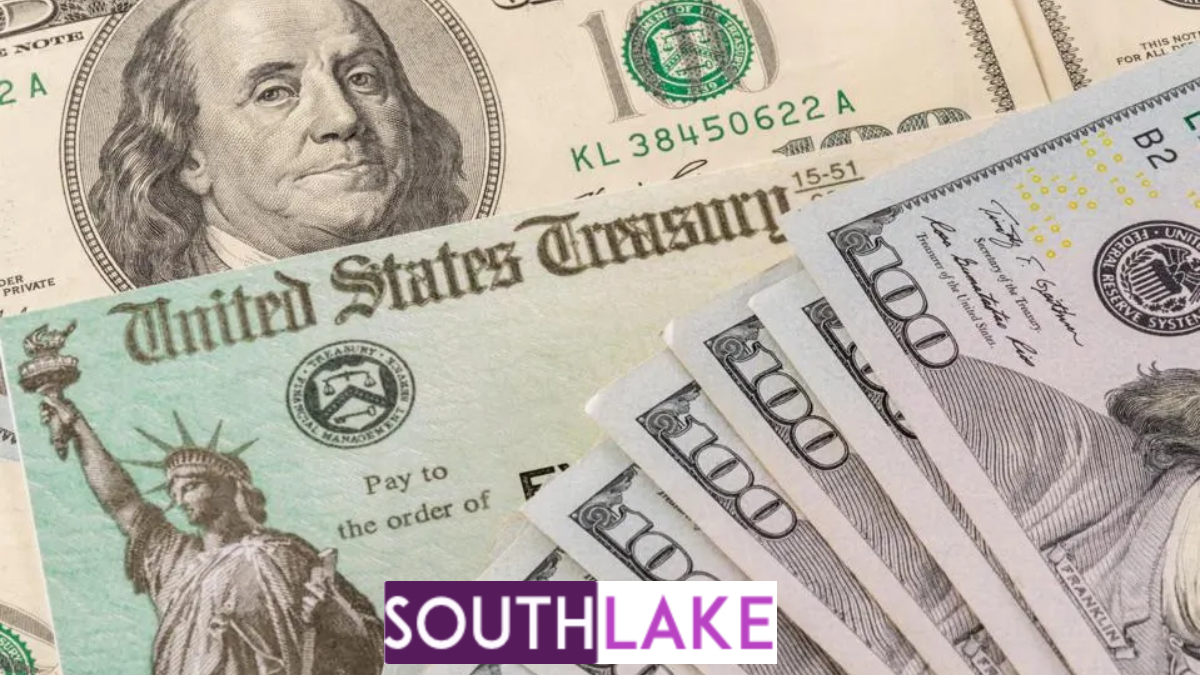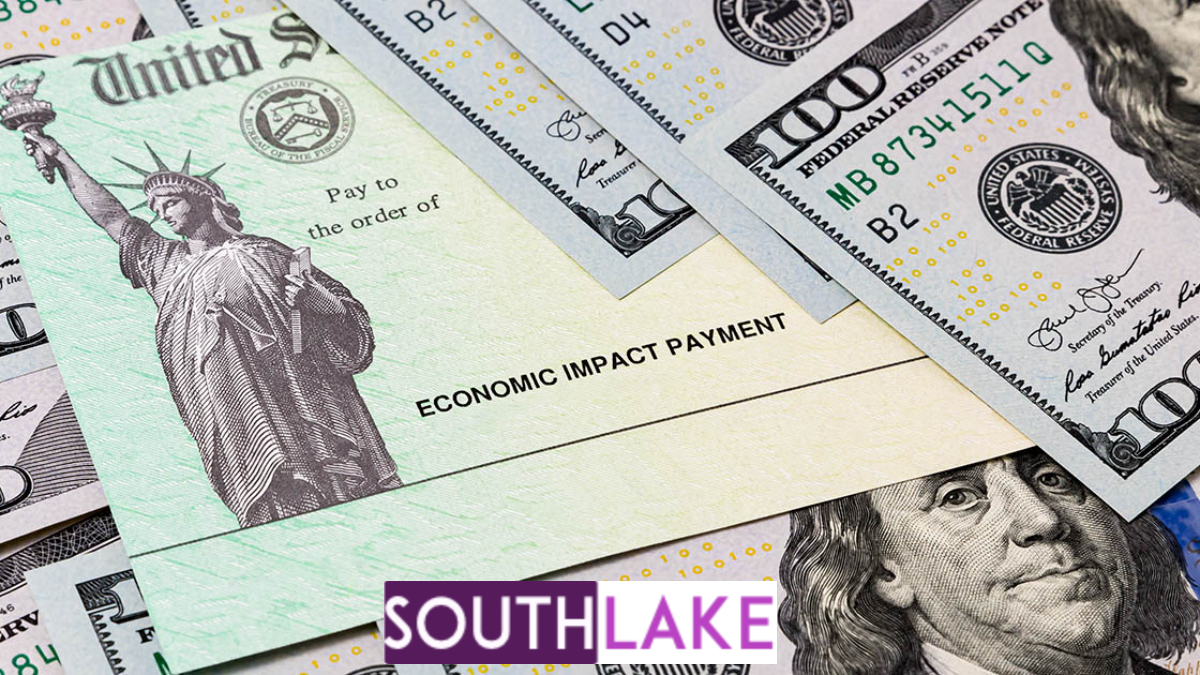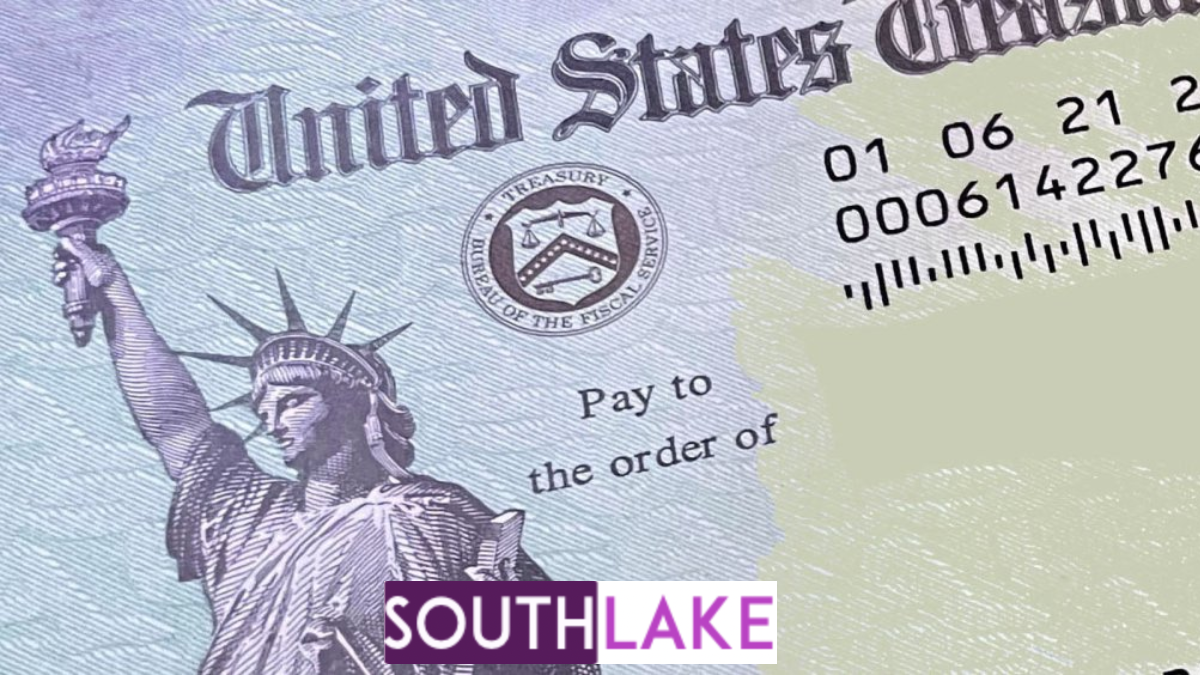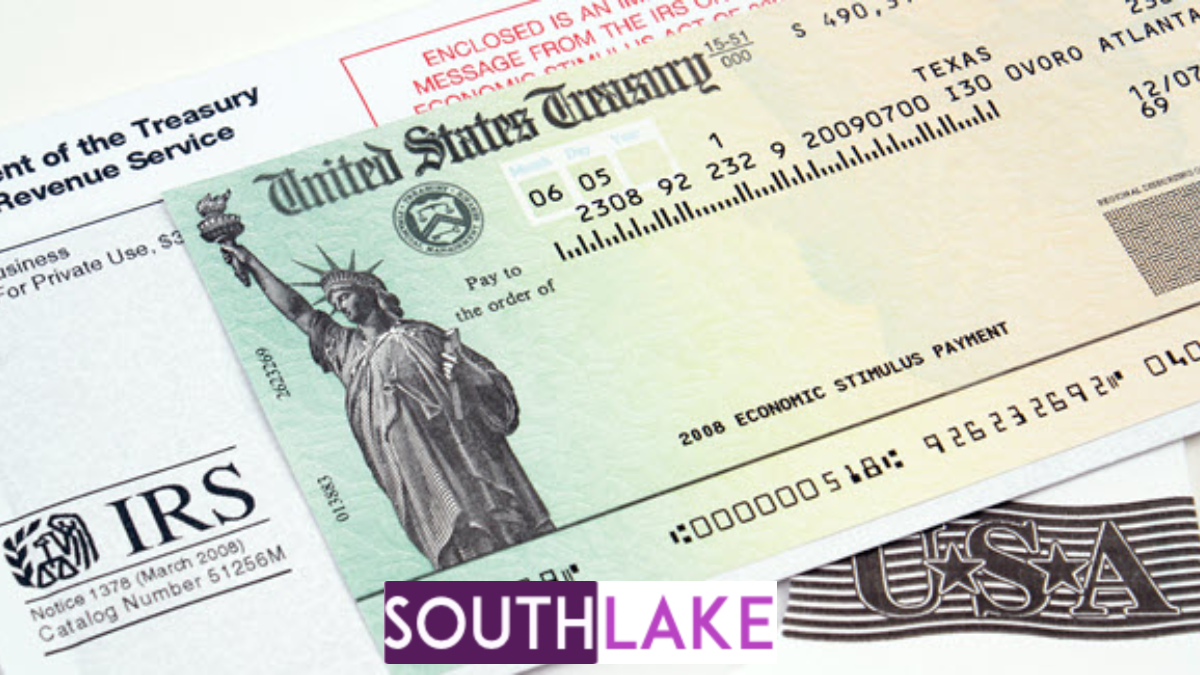As part of continued federal efforts to support Americans through inflation and lingering economic challenges, the IRS is issuing $900 stimulus payments to eligible individuals in May 2025. This relief package aims to help households facing rising utility bills, groceries, and healthcare costs. But not everyone qualifies—so it’s crucial to know if you’re eligible and how to apply before the opportunity ends.
Who Can Receive the $900 Stimulus?
The $900 payment is primarily targeted at low to moderate-income Americans, including single filers earning less than $75,000, and married couples earning below $150,000 annually. People on fixed incomes—like Social Security recipients, veterans, and individuals receiving SSI or SSDI—may also be eligible. Additionally, those who saw reduced income in the past year may qualify under updated IRS guidelines.
How to Claim Your Payment This Month
To receive the stimulus, you must have filed your 2024 federal tax return. If you haven’t, you still have time to submit it. Those who aren’t required to file taxes—such as non-filers or those on government assistance—can use the IRS Non-Filer portal to register. Be sure to enter your correct bank account or mailing address information to avoid payment delays.
When and How Will You Get Paid?
The IRS began issuing these $900 payments via direct deposit earlier this month. Most recipients will receive their funds within 7–10 business days of approval. If you opted for a paper check, allow an additional 2–3 weeks for mail delivery. Payments are being processed in batches, so timing may vary depending on your application date and eligibility confirmation.
Key Stimulus Payment Information
| Details | Information |
|---|---|
| Payment Amount | $900 |
| Application Deadline | May 31, 2025 |
| Income Cap (Single) | $75,000 |
| Income Cap (Married) | $150,000 |
| Delivery Methods | Direct Deposit / Paper Check |
If you’re eligible for the $900 IRS stimulus, now is the time to act. With the May 31 deadline approaching fast, don’t miss your chance to secure financial relief. Whether you’re a Social Security recipient, a low-income worker, or someone who experienced a drop in income, check your eligibility and file today. Every dollar counts in these uncertain times.
FAQ’s:
1. Can I get the $900 stimulus if I didn’t file taxes last year?
Yes, non-filers can still apply using the IRS Non-Filer tool, provided they meet the income and residency requirements.
2. How do I know if my payment has been approved?
You can track your status using the IRS “Get My Payment” tool online for real-time updates.
3. Will this payment affect my future tax return?
No, the $900 stimulus is not considered taxable income and won’t impact your 2025 return.
4. Can dependents receive the payment too?
No, this round is only for individuals and households—not for child or dependent credits.
5. What if my direct deposit information has changed?
Update your information by filing your latest tax return or using the IRS portal as soon as possible.

